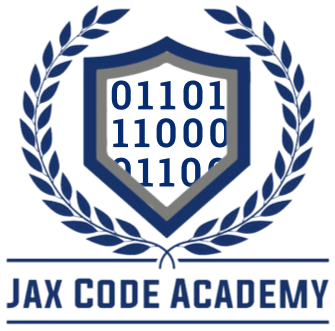In today’s fast-paced digital era, the demand for tech talent continues to soar, making coding skills a prized asset in the job market. While traditional college education has its merits, coding bootcamps emerge as a superior choice for those seeking a rapid, cost-effective, and job-focused path to success. Let’s explore why coding bootcamps reign supreme over the expensive and time-consuming route of college education.
Cost-Effectiveness:
Coding bootcamps offer a budget-friendly alternative to the hefty tuition fees associated with college degrees. With bootcamp costs ranging from $5,000 to $20,000, sometimes even less, students can acquire high-demand tech skills without breaking the bank. In contrast, college tuition fees can skyrocket to tens of thousands of dollars per year, burdening students with significant debt post-graduation.
Time Efficiency:
Time is a precious commodity, and coding bootcamps understand the urgency of getting students job-ready swiftly. Bootcamp programs typically span 3 to 12 months, accelerating the learning curve and allowing graduates to enter the workforce much sooner than their college-educated counterparts. In contrast, a traditional college degree requires a minimum of 4 years, leading to delayed career starts and prolonged financial dependency.
Job Market Readiness:
Coding bootcamps are laser-focused on equipping students with practical, industry-relevant skills that employers crave. From coding languages like Python and JavaScript to project management and software development techniques, bootcamp graduates emerge as ready-to-hire assets. In contrast, college degrees may lack the real-world application and job-specific training demanded by today’s tech employers.
Flexibility and Customization:
Bootcamps offer flexibility in program lengths, formats (online or in-person), and specialization tracks, allowing students to tailor their education to match their career goals and timelines. This customization empowers learners to focus on the skills most relevant to their desired tech roles. On the other hand, college programs often come with rigid curriculum structures and prerequisites, limiting students’ ability to customize their learning experience.
Networking and Career Support:
Many coding bootcamps boast robust networking opportunities and career support services, connecting students with industry professionals, mentors, and job placement assistance. This network-driven approach enhances job placement rates and facilitates seamless transitions into tech careers. While colleges also offer networking resources, the sheer scale and bureaucracy of traditional institutions can sometimes dilute the effectiveness of these connections.
Conclusion:
Coding bootcamps stand as the epitome of efficiency, affordability, and job readiness in today’s competitive job market. By choosing a bootcamp over traditional college education, aspiring tech professionals can fast-track their careers, avoid overwhelming student debt, and embark on a path of success with practical, hands-on skills. In the race for success, coding bootcamps emerge as the clear frontrunner, offering a transformative educational experience that unlocks endless opportunities in the dynamic world of technology.



